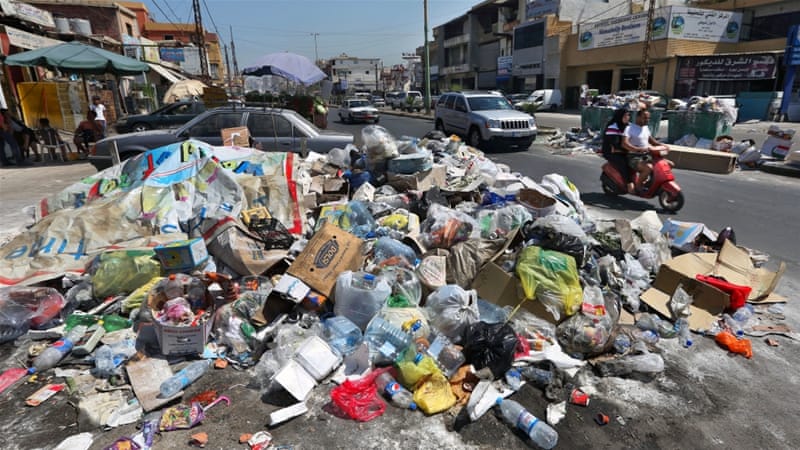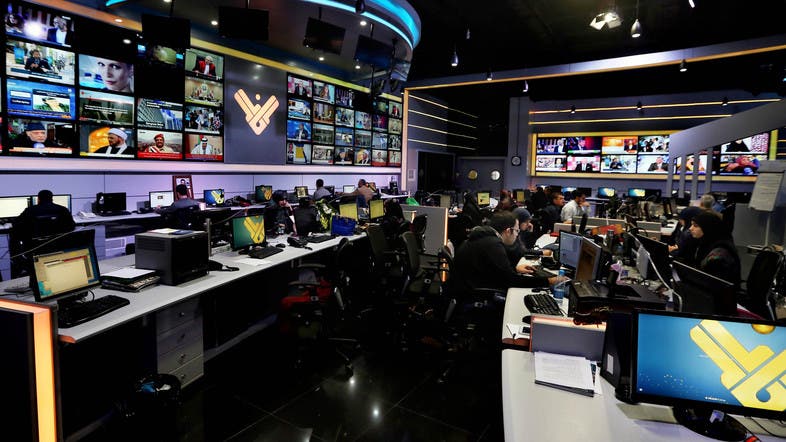
By Pamela Engel
Most people know the world’s most barbaric terrorist group as
ISIS or the Islamic State.
Some world leaders have taken to calling
them “Daesh,” knowing the terror group hates the
name so much that its militant members have threatened
to “cut the tongue” out of anyone who used it. But some experts say there’s one moniker the terrorist group
hates even more than Daesh — and enemies of ISIS have been using
it to taunt the group.
Malcolm Nance, a terrorism expert and veteran
military-intelligence officer, made note of the name “Khawarij”
during a terrorism debate at the Comedy Cellar in New York City
last month. “They are the 7th century Islamic cult,” Nance explained in an
email to Business Insider. “[T]he reason they don’t like it is
because they are considered apostates in the Quran. The Prophet
Mohammed warned about them being false Muslims.”
Some Muslims — and even ISIS’ jihadi rivals — refer to ISIS
members as “Khawarij” or “Kharijites.” The leader of Al Qaeda,
Ayman al-Zawahiri, recently referred to the followers of ISIS
leader Abu Bakr al-Baghdadi by the name, according to Thomas
Joscelyn, a senior fellow at the Foundation for Defense of
Democracies and an expert on terrorist groups.










